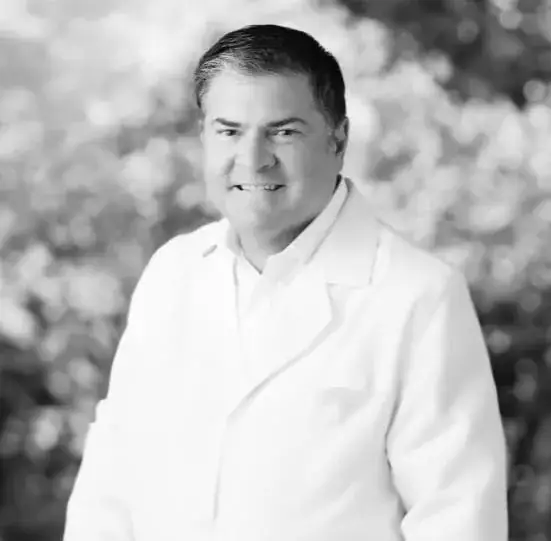“Dry drunk” is a colloquial term used to describe an alcoholic who no longer drinks – but who still has the same characteristics as someone who’s still addicted to alcohol.
It was most likely first used at Alcoholics Anonymous (AA) meetings. It is still used in recovery communities to describe someone who although sober is still acting in the manner of someone excessively drinking.
This is because it’s said at AA about alcoholism that the alcohol is in the bottle, but the -ism can stand for “InSide Me” or “I, Self, Me”. So someone can put down the drink, but still carry on as they used to when they were drinking alcoholically.
This includes certain behavior traits such as selfishness or being easily irritated and swift to temper. The Twelve Steps recovery program as encouraged to anyone attending AA and other Twelve Steps group meetings helps people respond in a better manner to “living life on life’s terms”.
For this reason, many AA members say an alternative meaning of AA could be “altered attitudes”. Dry drunks are those people who although “dry” continue to display their former attitudes when drinking heavily.
These attitudes and responses mean they can be difficult to be around, often because their behavior is self-centered and/or narcissistic. They are like an unwell patient without their medication, which is how they were using alcohol.
It’s also used to describe someone who’s addiction was to something other than alcohol. But in the same way, while this person has quit whatever they were addicted to, they have made no other changes to their way of being.
“White-knuckling” it
So a dry drunk is someone who refrains from using alcohol or drugs – but who still has all the unresolved psychological and emotional problems.
Indeed, many of these will most often have been behind their addiction. This is because addiction is an attempt to mask or numb such as trauma and toxic shame.
So these unresolved issues continue to negatively affect their behavior. They seem unwilling to learn new ways to react to life’s challenges and situations.
Their thinking and behavioral patterns stay the same. As it’s often said in AA: “I have a thinking problem, not a drinking problem.”
While it’s important and frequently vital that anyone addicted to anything quits their addiction, it’s also essential to deal with such as unresolved histories to find peace of mind.
Or else the person might merely be what is known as “white-knuckling” it. They are like someone hanging from a cliff edge, gripping on so tightly that their knuckles have turned white.
And that means they will just about be coping every day. It means they are much more likely to return to their addiction or start another addiction.
They will be relentlessly on edge, just about clinging on. Mostly, this will be obvious to anyone around them.
But sometimes there will be a positive face put on for the outside world to see. This is while there’s a constant raging internal battle.
That’s certainly no way for anyone to live. It means every day is a struggle.
Signs of dry drunkenness
It’s important to note that sometimes the phrase “dry drunk” can be used offensively. For some people who do get a fantastic recovery in the end, some of these signs are a part of early recovery.
This is understandable as recovery requires a terrific transformation. It most often needs a change of attitudes and lifestyle – and frequently this takes time.
These are the major signs:
- Anxiety.
- Cravings for alcohol.
- Irritable mood.
- Low spirits.
- Impatience.
- Low self-esteem.
- Frequent jealousy.
- Acting immaturely.
- Frequent anger and rage.
- Restlessness and nearly always feeling discontented.
- Aggressive behavior.
- Sleep problems.
- Selfishness and self-centeredness.
- Reckless behavior – that’s often spontaneous.
- A sense of almost constant boredom.
- Swift mood changes.
- Difficulty expressing emotions.
- Continual feelings of frustration.
- Increased stress.
- Depression.
- Dishonesty to others and to self.
- Relationship problems, including with family, friends and colleagues.
- A sense of impending doom.
- Displaying excessive pride.
- Long periods of self-pity.
- Being intolerant.
- Fear there can never be any real and lasting change.
- Envy towards others in recovery.
- Anger towards anyone who convinced or told them they had to quit.
- Always defensive.
- Great difficulty in saying sorry – or never saying sorry.
- Playing the victim.
- Concentration difficulties.
- Self-loathing for not being like “normal” people.
- Harsh self-criticism.
- Dreams and daydreaming about drinking and/or using again.
- Switching to another addiction such as drugs and/or behavioral addictions that include sex, gambling, shopping, working excessively or using food in an attempt to feel better and distract themselves.
Our professional expert team has years of experience in treating all emotional disturbances and types of mental health problems including alcoholism and other addictions. We have successful proven treatments that can help anyone.
Located right by our beautiful lake in the most idyllic natural setting, we have created our luxurious mansion with relaxation and wellbeing to enhance recovery as an absolute priority.
Contact us now to speak about how we can help you or someone you love.



